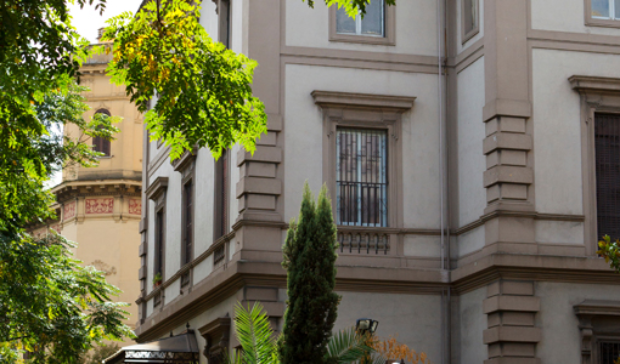As a member of the Logos Editorial Board, Archbishop of Lublin, Josef Zycinski, sees the journal as a critically important contribution to the dialogue between the Catholic intellectual tradition and contemporary culture. Logos recently interviewed the archbishop about his collaboration with the journal:
Why do you think Logos is an undertaking worthy of support?
When the very concept of truth is called into question by a pragmatically minded culture, (following, e.g., the approach of Richard Rorty), it is important to provide intellectual and cultural alternatives to the “dictatorship of relativism” by presenting contemporary culture with the contributions of Christian thinkers. Very often such an approach will not be appreciated enough by a postmodern mentality. In long-range plans, however, it is important to emphasize the inspiring and transformative Christian role in contemporary debates. Czes?aw Mi?osz recalls that in 1968 many students at Berkeley regarded him as a fascist because in his lectures he spoke of the important role of values in human life. Today references to values are no longer regarded as a symptom of fascism. It is important to present spiritual, human, religious and even scientific values with a perspective which will attract the attention of future intellectual leaders. Logos does precisely this.
What are some additional contributions you think Logos could make to its readers and to the vitality of the Catholic intellectual tradition?
Logos already publishes many contributions that are useful for me in academic debates and episcopal service. The journal should continue and expand its engagement in the dialogue with science. Publications by the so-called “new atheists,” such as the as bestsellers by Hawking and Dawkins, could receive a distinctly Catholic response by scholars who understand the Catholic perspective, as was done in a recent issue of Logos in an article by Notre Dame historian Brad Gregory. There are many excellent scientists who are dedicated to the Church, and their voices should be heard more broadly. There are also many prominent people who are well- respected by the broader culture and who would be happy to share their personal experience of engaging contemporary culture from the perspective of the Catholic tradition.
What audiences do you hope Logos will be able to reach?
All those who appreciate the role of reason in the cultural dialogue between Jerusalem, Athens and Rome. At Regensburg, Benedict XVI followed Emperor Manuel II in his theological justification of reason when he declared: “Not to act reasonably, not to act with logos, is contrary to the nature of God.” In this framework it is important for Logos to address not only Catholic thinkers but also “the homeless religious minds” in the exploration of important ethical and axiological issues. This was practiced under Polish Communism by the Catholic monthly Znak (Sign) which was addressed both to Catholic students and intellectuals on one side and to independent thinkers on the other.
Read more from Perspectives






